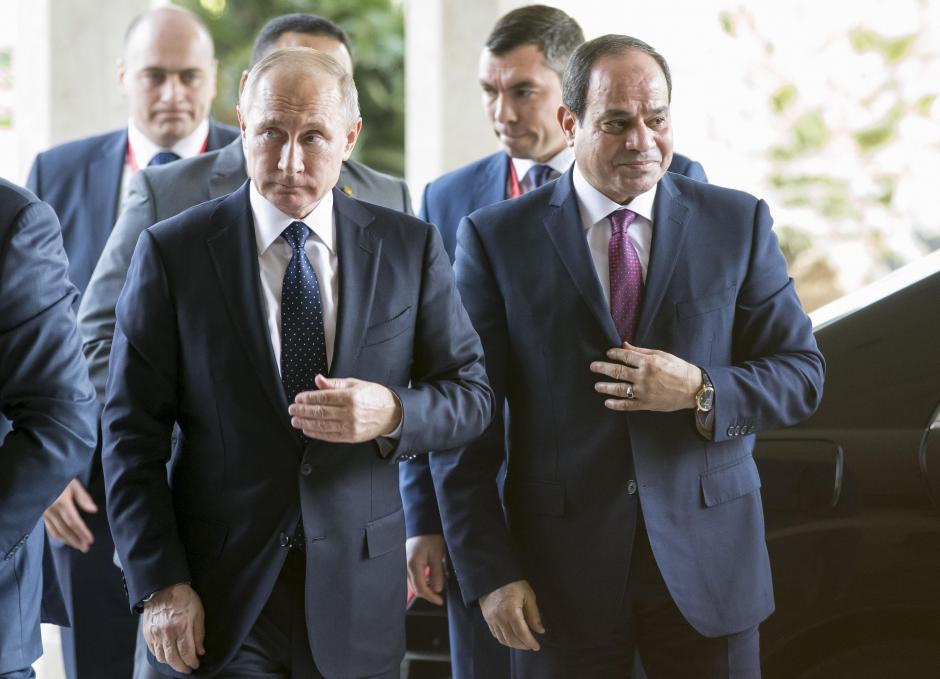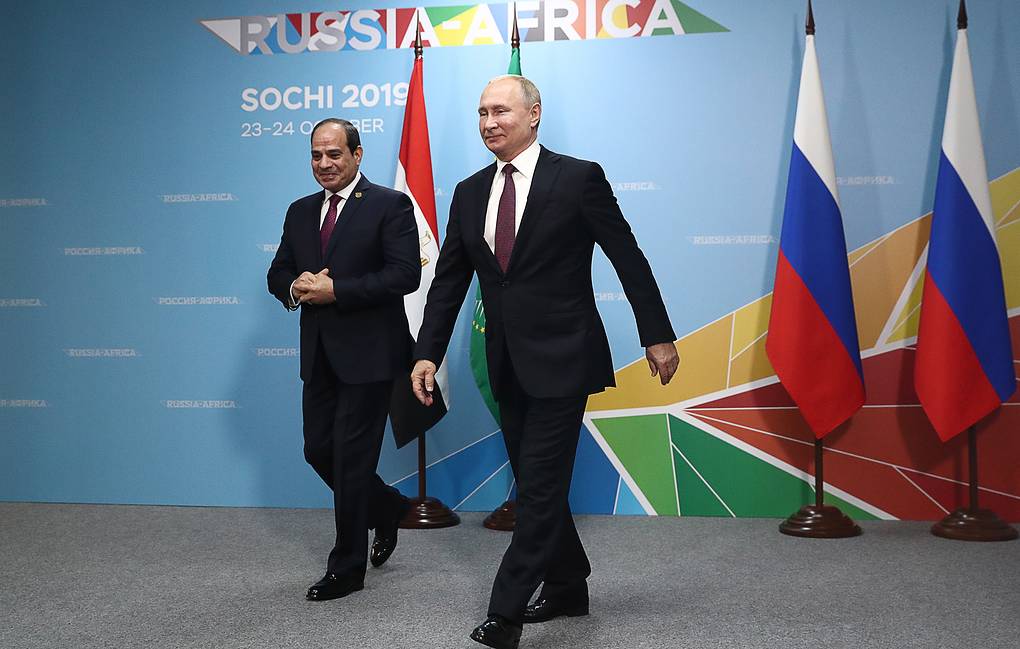

They also noted that Russia's domestic financial markets were the worst performers in the world so far this year despite the strict capital controls, with investors pricing in "sustained, persistent weakness within the economy with liquidity and credit contracting," along with Russia's effective ostracization from international financial markets. "Putin is resorting to patently unsustainable, dramatic fiscal and monetary intervention to smooth over these structural economic weaknesses, which has already sent his government budget into deficit for the first time in years and drained his foreign reserves even with high energy prices – and Kremlin finances are in much, much more dire straits than conventionally understood," the Yale economists said. Russia has now relaxed some of its capital controls and cut interest rates in a bid to bring the currency down and shore up its fiscal account. Russia is the world's largest exporter of gas and second-largest exporter of oil, and thus the hit to GDP from the war and associated sanctions has been softened by high commodity prices and Europe's continued dependence on Russian energy for the time being. The apparent resilience of the Russian economy and the resurgence of the ruble were largely attributed to soaring energy prices and strict capital control measures – implemented by the Kremlin to limit the amount of foreign currency leaving the country – along with sanctions restricting its capacity to import. "As a result of the business retreat, Russia has lost companies representing ~40% of its GDP, reversing nearly all of three decades worth of foreign investment and buttressing unprecedented simultaneous capital and population flight in a mass exodus of Russia's economic base." No path out of 'economic oblivion' "Despite Putin's delusions of self-sufficiency and import substitution, Russian domestic production has come to a complete standstill with no capacity to replace lost businesses, products and talent the hollowing out of Russia's domestic innovation and production base has led to soaring prices and consumer angst," the report said. They added that despite some "lingering leakiness," Russian imports have "largely collapsed," with Moscow now facing challenges in securing inputs, parts and technology from increasingly jittery trade partners and as a result, seeing widespread supply shortages in its domestic economy. "Russia's strategic positioning as a commodities exporter has irrevocably deteriorated, as it now deals from a position of weakness with the loss of its erstwhile main markets, and faces steep challenges executing a 'pivot to Asia' with non-fungible exports such as piped gas," the Yale economists said.

The paper suggested international sanctions and an exodus of more than 1,000 global companies are "catastrophically crippling" the Russian economy.

'Catastrophically crippling'Ī Yale University study published last month, which analyzed high-frequency consumer, trade and shipping data that its authors say shows a truer picture than the Kremlin is presenting, argued that rumors of Russia's economic survival had been greatly exaggerated. "It affects overall productivity, reducing innovation and affects overall confidence in the economy, reducing investment and savings."Įurasia Group projects a sustained, long-term decline in economic activity to eventually result in a 30%-50% contraction in Russian GDP from its prewar level. "Brain drain leads to a direct decline in the working age population, especially high-productivity workers, reducing GDP," he said. Imports of consumer goods are increasing, but less so intermediate/investment goods."īremmer highlighted that as sanctions intensify and popular discontent grows, the educated are leaving Russia, underscoring the importance of trade sanctions on sensitive technologies and the "longer timeline by which sanctions undermine trend productivity and growth." "Governmental arrears may be contributing to broader shortages. Chips and transport are among the sectors cited, in some cases reflecting dual-use military demand," Bremmer said. "Anecdotal evidence suggests the manufacturing dislocations are rising as inventories are depleted and scarcity of foreign parts becomes binding.


 0 kommentar(er)
0 kommentar(er)
